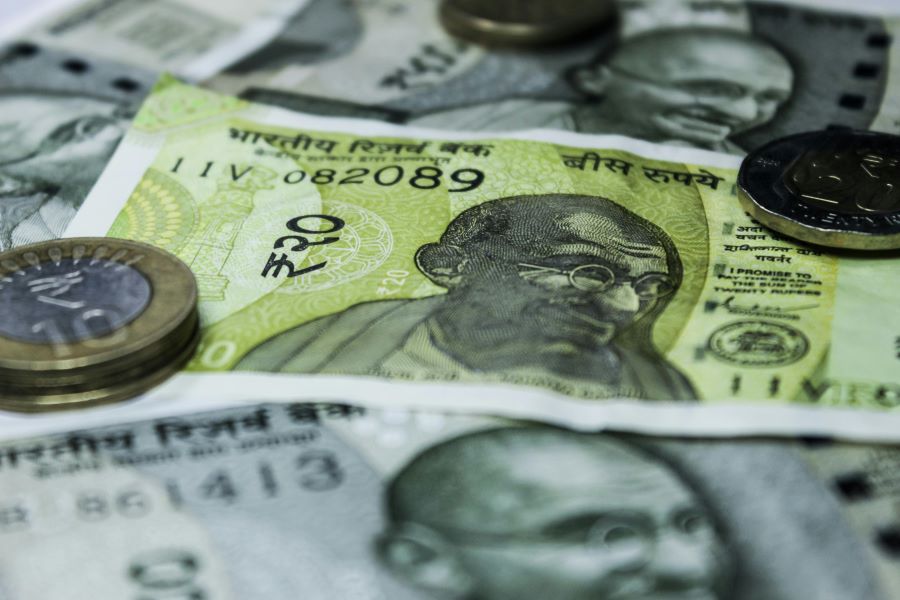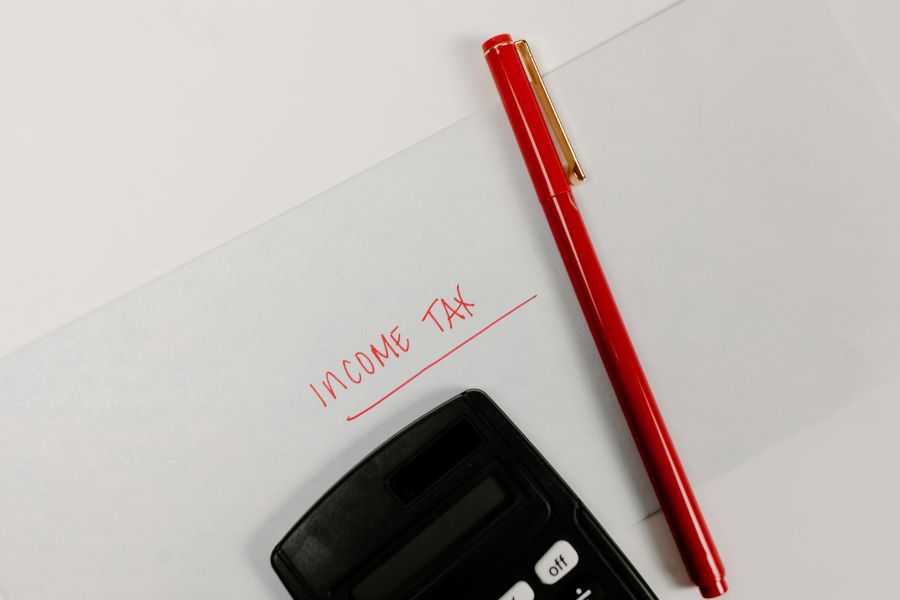Personal loans are a popular financial product in India, offering individuals the flexibility to meet various needs, such as medical emergencies, education, travel, or home renovation. Understanding the rules and regulations surrounding personal loans in India is crucial for borrowers to make informed decisions and manage their finances effectively. This guide provides a comprehensive overview of the key rules, regulations, and factors to consider when availing of a personal loan in India.
Looking to apply for an instant personal loan with low interest rates and easy repayment options? Apply for your next personal loan from Airtel Finance, via the Airtel Thanks app. Less documents, greater eligibility, seamless process and more.
Eligibility Criteria
Banks and financial institutions in India have specific eligibility criteria for personal loans. While these criteria may vary slightly from one lender to another, the following are commonly considered:
Age
Borrowers typically need to be between 21 and 60 years of age. Some lenders may extend the upper age limit for salaried professionals.
Employment Status
Both salaried individuals and self-employed professionals can apply for personal loans. However, salaried individuals usually need to have a stable job and a certain minimum tenure with their current employer, often ranging from six months to two years. Self-employed individuals should demonstrate a stable income and a minimum number of years in business.
Income
Lenders require proof of a minimum income level, which varies based on the lender and the loan amount. Salaried individuals may need to have a minimum monthly income of ₹15,000 to ₹25,000, while self-employed individuals may need to show a higher minimum annual income.
Credit Score
A good credit score (usually above 750) is crucial for personal loan approval. It reflects the borrower’s creditworthiness and ability to repay the loan. Borrowers with higher credit scores are more likely to get loans at favourable interest rates.
Read more: What is the processing fee on personal loans?
Loan Amount and Tenure
Personal loans in India typically range from ₹50,000 to ₹50 lakh, depending on the borrower’s eligibility and the lender’s policies. The tenure for personal loans can vary from 12 months to 60 months. Borrowers can choose a tenure based on their repayment capacity and financial planning.
Interest Rates
Interest rates on personal loans can vary widely based on several factors, including the borrower’s credit score, income, employment status, and the lender’s policies. Personal loan interest rates in India generally range from 10% to 24% per annum. Borrowers with excellent credit scores and stable income profiles may secure loans at lower interest rates, while those with lower credit scores may face higher rates.
Documentation
When applying for a personal loan, borrowers need to provide various documents to verify their identity, address, income, and other details. Commonly required documents include:
- Identity Proof: Aadhaar card, PAN card, passport, voter ID, or driver’s licence.
- Address Proof: Utility bills, rental agreement, Aadhaar card, or passport.
- Income Proof: Salary slips, bank statements, income tax returns, or audited financials for self-employed individuals.
- Employment Proof: Appointment letter, employment certificate, or business registration documents for self-employed borrowers.
- Photographs: Passport-sized photographs as per the lender’s requirements.
Read more: How to close a loan and what are its benefits?
Loan Disbursement and Repayment
Disbursement
Once the loan application is approved, the loan amount is disbursed directly to the borrower’s bank account. The disbursement process can take anywhere from a few hours to a few days, depending on the lender and the borrower’s profile.
Repayment
Personal loans are typically repaid through Equated Monthly Instalments (EMIs). The EMI amount includes both the principal and interest components and is determined based on the loan amount, interest rate, and tenure. Borrowers can repay the loan via various modes, such as post-dated cheques, Electronic Clearing Service (ECS), or auto-debit instructions from their bank account.
Read more: Top 7 benefits of personal loans you must know
Prepayment and Foreclosure
Borrowers may choose to prepay or foreclose their personal loan before the end of the tenure to save on interest costs. However, lenders may impose prepayment or foreclosure charges, usually ranging from 2% to 5% of the outstanding loan amount. Some lenders may allow partial prepayment without any charges, while others may have specific terms and conditions.
Legal and Regulatory Framework
Personal loans in India are governed by regulations set by the Reserve Bank of India (RBI) and other relevant financial authorities. Key regulatory aspects include:
Fair Practices Code
Lenders must adhere to the Fair Practices Code (FPC) prescribed by the RBI, which ensures transparency and fairness in dealing with borrowers. The FPC covers various aspects such as loan application processing, interest rate disclosures, loan agreements, and grievance redressal mechanisms.
Interest Rate Regulations
The RBI regulates the interest rates charged by banks and Non-Banking Financial Companies (NBFCs) to ensure they are not exorbitant. Lenders must disclose the Annual Percentage Rate (APR) to borrowers, which includes the interest rate and any other fees or charges associated with the loan.
Credit Information Reporting
Lenders must report the borrower’s loan details and repayment history to credit information companies (CICs) such as CIBIL, Experian, Equifax, and CRIF High Mark. This information helps in maintaining the borrower’s credit profile and impacts their credit score.
Frequently Asked Questions (FAQs)
1. What is the minimum credit score required for a personal loan in India?
Most lenders prefer a credit score of 750 or above for personal loan approval. However, some lenders may consider lower scores based on other eligibility criteria.
2. Can I get a personal loan without a stable income?
Having a stable income is typically a crucial requirement for personal loan approval. However, some lenders may offer loans to individuals with irregular income, but usually at higher interest rates and stricter terms.
3. What happens if I miss an EMI payment?
Missing an EMI payment can lead to late payment charges, increased interest, and a negative impact on your credit score. It’s important to contact your lender immediately if you anticipate difficulty in making a payment to explore possible solutions.
4. Can I prepay my personal loan without any charges?
Prepayment and foreclosure charges vary among lenders. Some may allow partial prepayments without any charges, while others may impose a fee. It’s essential to check the lender’s prepayment policy before availing the loan.
5. How long does it take to get a personal loan disbursed?
The loan disbursement process can take anywhere from a few hours to a few days, depending on the lender and the borrower’s profile. Some lenders offer instant disbursal for pre-approved customers.
Understanding the rules and regulations surrounding personal loans in India helps borrowers make informed decisions and manage their finances effectively. By being aware of eligibility criteria, interest rates, documentation requirements, and repayment terms, borrowers can choose the best loan option and ensure a smooth borrowing experience.


 Get App
Get App  Airtel Store
Airtel Store  Login
Login 


